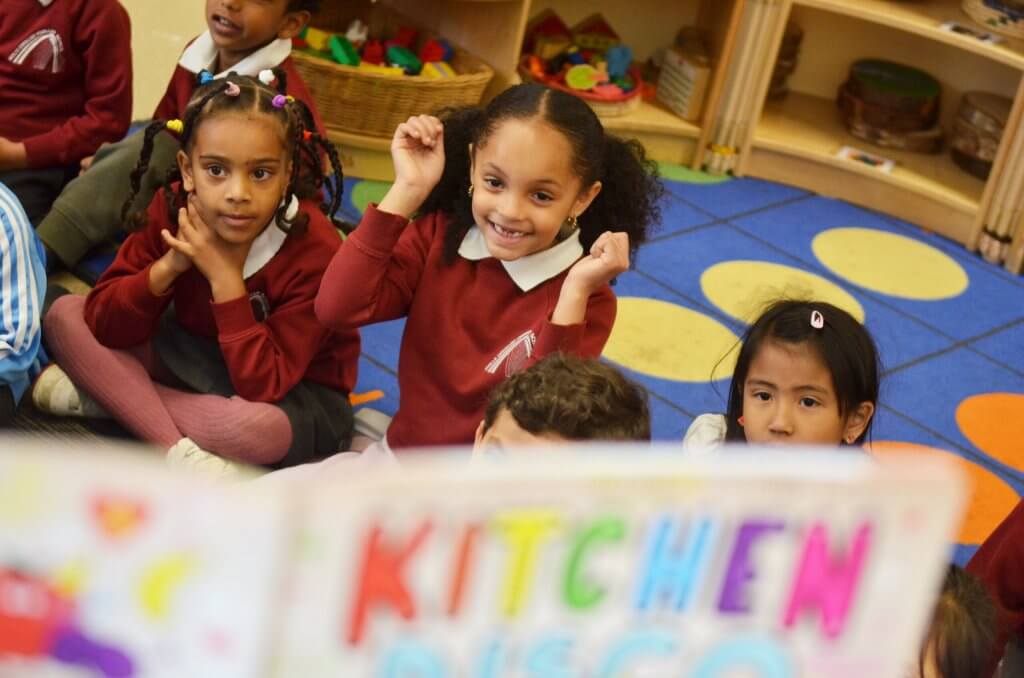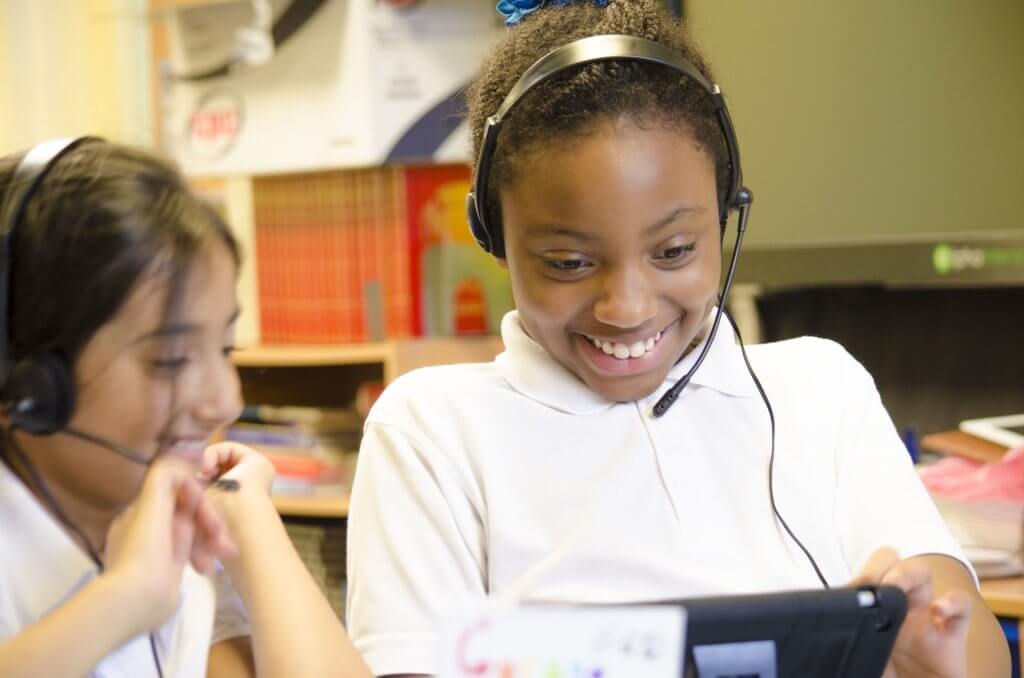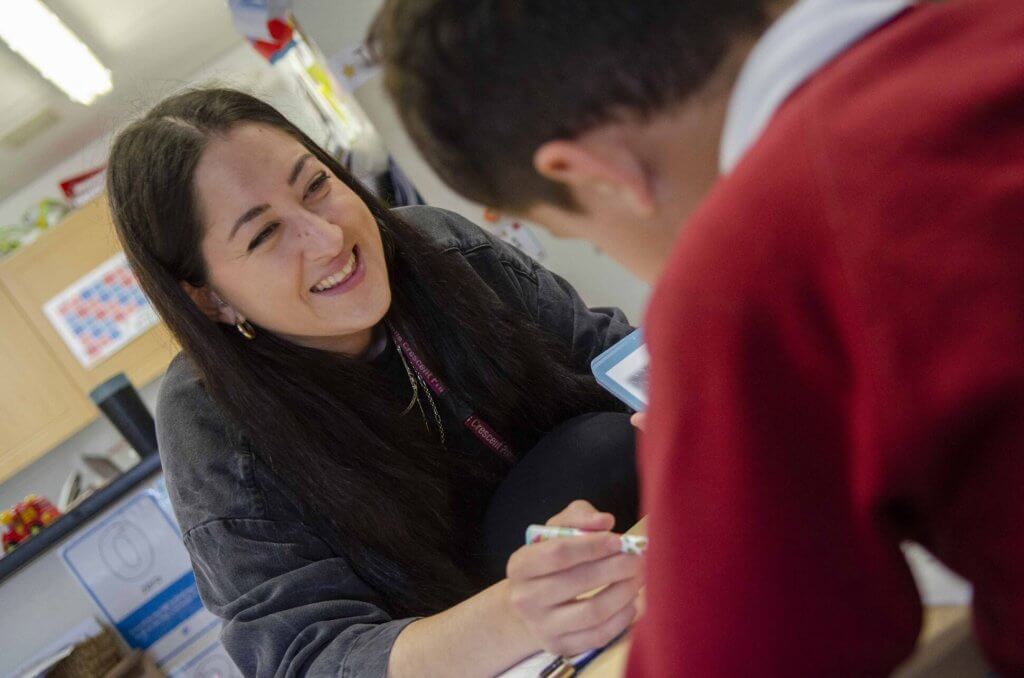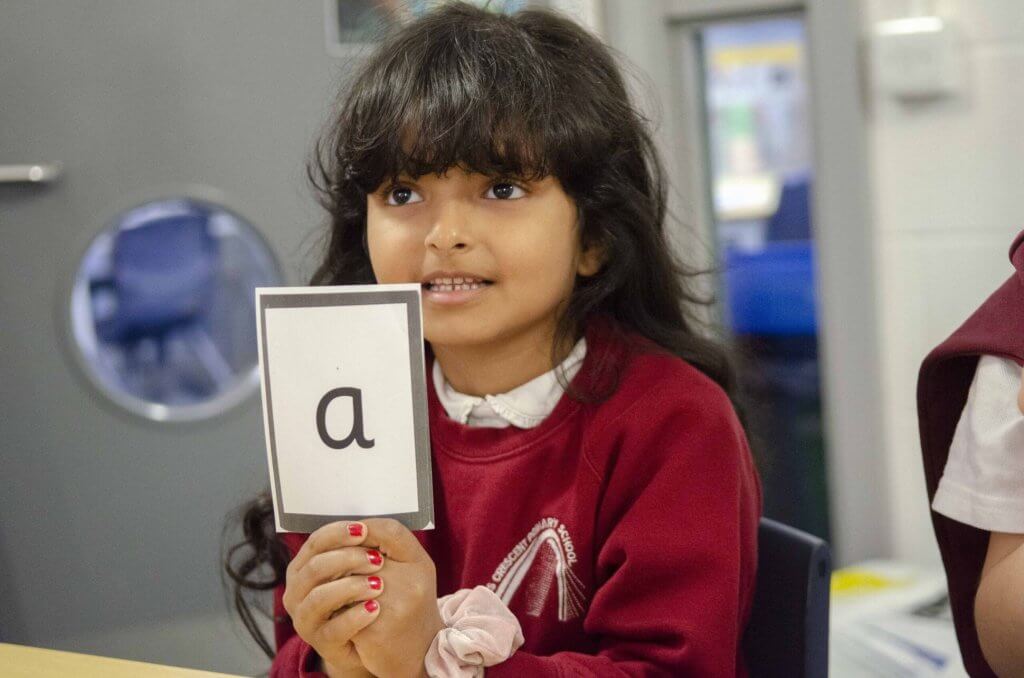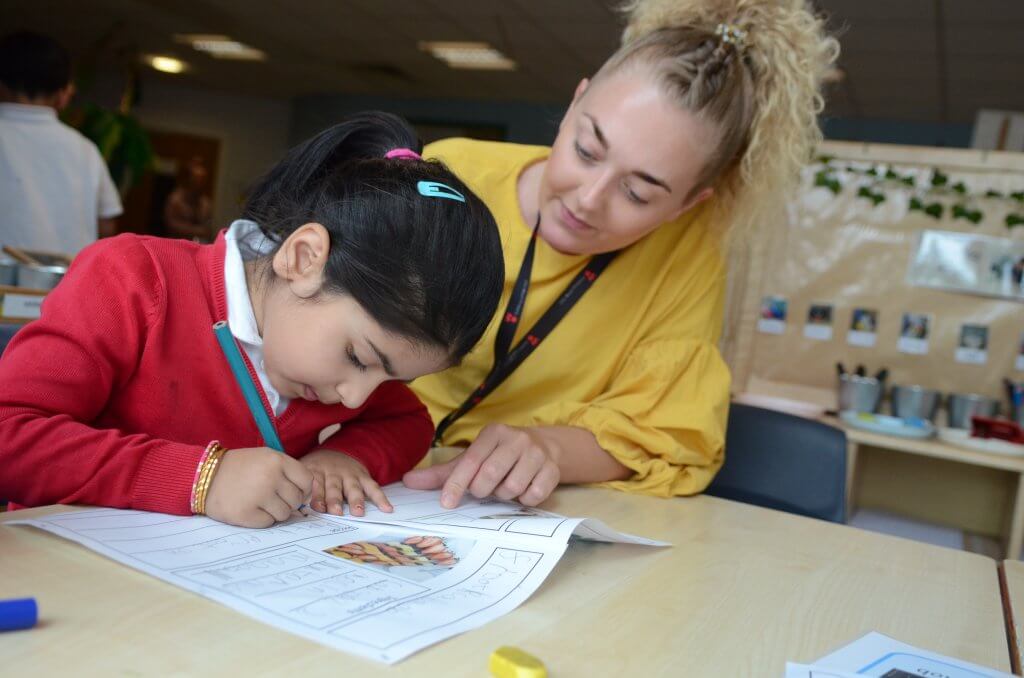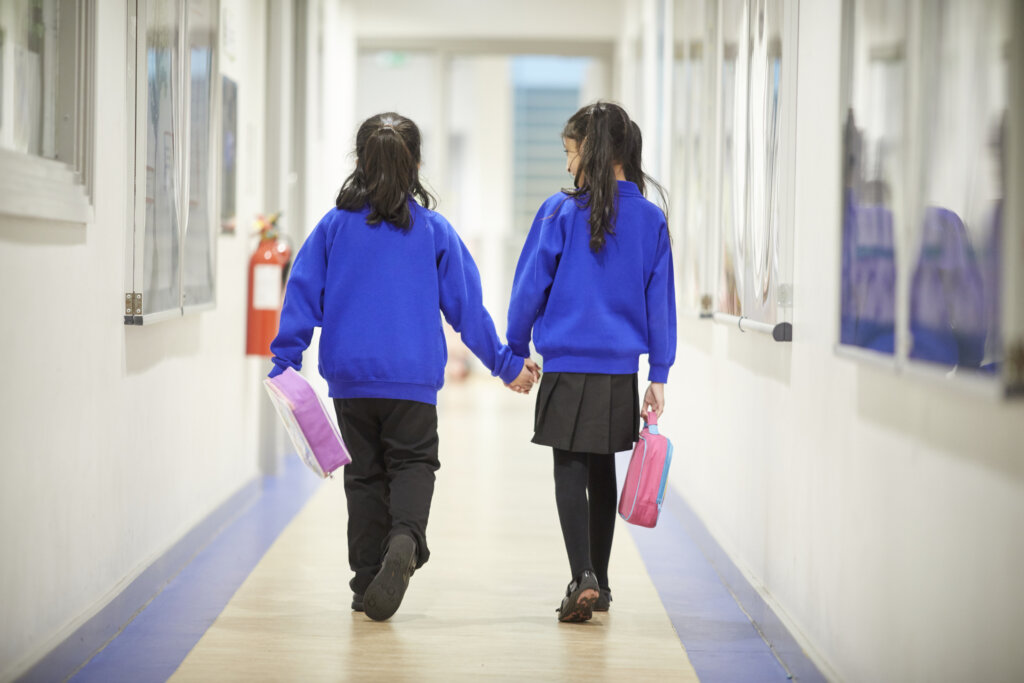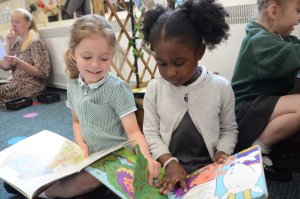Schools across the country are seeing a rise in the number incidents of Peer on Peer abuse. It is important that school staff can recognise that children can be subjected to abuse by their peers and it is equally important that staff know what to do if they become aware of any such incident.
As stated in Keeping Children Safe In Education, Peer on Peer abuse is most likely to include, but may not be limited to:
- Bullying (including cyber bullying);
- Physical abuse;
- Sexual violence;
- Sexual harassment;
- Upskirting;
- Sexting (also known as youth produced sexual imagery);
- Initiation/hazing type violence and rituals.
What can we do to safeguard children in our schools from Peer on Peer abuse?
Ensure that your staff know that they have a duty of care to report any concerns regarding Peer on Peer abuse by following your school’s usual safeguarding policies and procedures. It is sometimes difficult to imagine the young people that we work with as perpetrators of abuse and it is important that we remember that they, as well as the victim, may need support following an incident. This does not mean however, that incidents should go unreported and that our tolerance for such behaviour is increased. Peer on Peer abuse should be clearly identified in your school’s safeguarding policy and should be available to all staff and governors as a point of reference.
Remember that SEND pupils are especially vulnerable to Peer on Peer abuse, as they are with any other kind of abuse. Unfortunately, changes in mood or behaviour of an SEND pupil may often be assumed as being related to the child’s disability, rather than an indicator of abuse. When dealing with allegations of abuse, we should always ensure that SEND pupils are communicated with in a way that best supports their needs.
Speak to your pupils. Having open and honest conversations with pupils about safeguarding topics, such as Peer on Peer abuse, on a regular basis will have an impact in some way if not directly. It may cause children to pause and think about their behaviour, and help them to understand the severity of their actions. It will allow them to understand that they have a responsibility and that their age or a “boys will be boys” attitude will not be accepted or used as a protective barrier in such circumstances. Open conversations about Peer on Peer abuse may give a pupil the confidence to disclose their own abuse and will remind pupils that there are members of staff within school who are able to support them.
Finally, spread the message to parents. Keeping parents up to date with safeguarding topics such as Peer on Peer abuse will empower them to continue these conversations at home with their children. Some parents will not be aware that Upskirting is a criminal offence and may not be aware of the severe implications of this if their child was a perpetrator. What parents may see as ‘normal’ sexual development for example, may actually be harmful sexual abuse and again it is important that parents as well as their children, understand the implications of this. Reaching out to parents will remind them that there are staff within schools who they can contact should they have any concerns.
Further Information
If you require further support in tackling these conversations with pupils or parents within your setting, please contact the Education Welfare and Safeguarding Advisers at One Education. Our team will be able to offer guidance and training on this topic and can also provide support on how to best include Peer on Peer abuse within your school safeguarding policy.
Our Safeguarding Conference is a fantastic opportunity to hear Key Note speakers and attend workshops on specific safeguarding matters within schools. The conference is taking place on 7th February 2020 and promises to be a great event for networking with other professionals whilst keeping up to date with current safeguarding matters.
To book a place on the conference, visit our website.
References:
Please get in touch or visit this page for more information.

